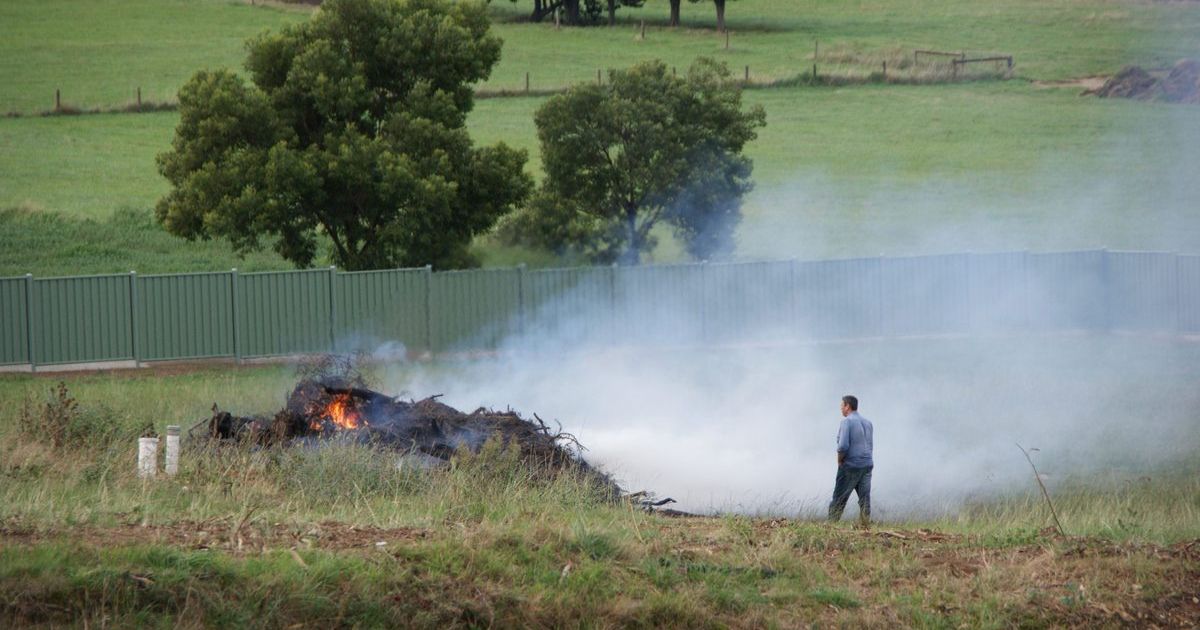Heathcote in the 1870s

Digging for gold: Mining was a mainstay of the district long after the initial rush of the 1850s. This photo of the Possum Gully dredge dates from 1906. Photo: FILE
As the McIvor Times entered its second decade it became Heathcote’s paper of record, and its pages were filled with court reports, council meeting minutes and mining yields.
There were many overseas and national stories that were reproduced for local consumption, and these sat alongside accounts of the minutiae of small-town life.
COSTERFIELD GOLD AND ANTIMONY MINING COMPANY
DURING the past fortnight 50 tons of stone were crushed, yielding 19oz 14dwt; and 134 tons of tailings yielded 45oz 19dwt; the total yield for the fortnight being 65ozs 19dwt of gold.
Thirty tons of antimony ore were procured. The shaft has been sunk 11 feet, and is now 55 feet below the last level.
The high price obtained for antimony ore has enabled the directors to declare a dividend of ton shillings.
Young defendants
NINETEENTH century court reports revealed many children appearing before the Heathcote magistrates.
In 1871 the age of criminal responsibility was seven; it is now 10 and names of juvenile defenders are no longer published.
Published Friday, 1 September 1871
HEATHCOTE POLICE COURT.
Friday, 25th August, 1871.
(Before W. Butler, Esq, P.M., and R. Cocks, Esq, J.P.)
Bridget Smith v Emma Palling
MR Booker appeared for defendant, who is only eight years of age and charged with using insulting language to plaintiff.
The evidence went to show that the little girl is a well-behaved child, and that the plaintiff who was very excited in the box has been in the habit of quarrelling with the children of the neighbourhood generally.
She accused the child of calling her an old “Rap” and grinning at her.
The case was dismissed.
Reptilian encounters
SNAKES have long been one of Heathcote’s less popular residents, especially when they venture into buildings.
In the days before effective treatments for snakebite, or protective legislation, they were generally “dispatched” as a matter of course.
Published Thursday, 19 November 1874
AN UNWELCOME VISITOR
SITTING in his place shortly after tea on Thursday evening last, Mr Samuel Hickson’s notice was drawn to the angry appearance of his cat, whose arched spine, erect back-hair, and bottle-washer-like tail, denoted that something foreign to the domestic circle was close at hand.
Pussy’s attention seemed principally directed to a case that stood on the floor.
Mr Hickson raised the case with a pick handle, but could see nothing under it.
On looking behind it, however, he discovered a snake carefully coiled up and apparently asleep.
The intruder was soon despatched and was found to be a tiger snake about four feet in length.

















